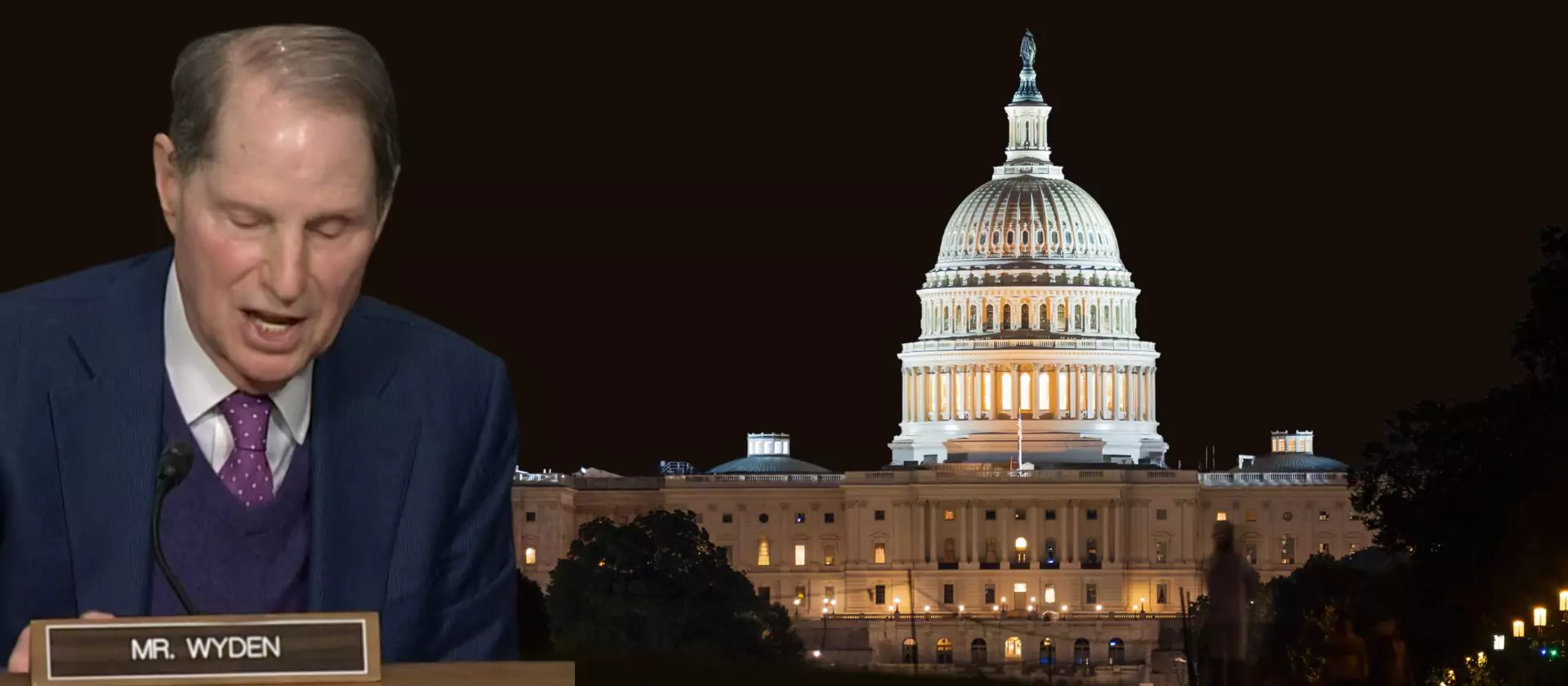Unemployed Oregonians don’t need to peek at their Christmas present from Congress and the Bush Administration. They already know what they are getting this year – coal.
Bush Administration boosters celebrate increased productivity (more output with fewer workers) and rapid GDP growth (all of that mortgage refinancing…), but most people judge the success of the economy by jobs. And in Oregon and in the rest of the country, jobs have not recovered from the recession. America has lost 2.2 million jobs since 2000, with Oregon accounting for 53,000 of those lost jobs.
In recent weeks the job hemorrhage appears to have stopped, with the US economy adding 82,000 jobs per month over the last four months. But this low level of growth won’t put Americans back to work.
The US needs to add 150,000 jobs per month just to keep up with workforce growth, let alone absorb the millions who lost their jobs. To overcome the damage done by the 2001 recession, the US needs to create nearly 7 million jobs.
And it’s a similar story in Oregon. With 50,000 jobs lost and workforce growth of 70,000, Oregon still has to create 120,000 jobs to overcome the recession’s damage.
The upshot of mammoth job loss followed by meager job growth is that there remain millions of long-term unemployed across the country, many of them in Oregon.
Despite this, Congress and the Bush Administration decided to pull the plug on TEUC, the key federal extended unemployment benefits program. Heartfelt pleas from some in Oregon’s delegation had little impact. On top of this, Congress failed to address the federal “look back” rule, so unemployed Oregonians will also lose benefits from the other federal extended benefits UI program (EB).
With the loss of these two federal programs, tens of thousands of unemployed Oregonians will lose all federal extended benefits, beginning December 21st. The impact will be delayed for a few weeks, by a stop-gap measure of state-funded extended benefits (TAB).
By March, however, there will be no benefits, state or federal, available for these long-term unemployed workers and their families. Oregon workers had better prepare for a long, cold winter.
Maybe the Bush administration believes these workers will take solace in federal tax cuts. Since these workers have lost their jobs, though, it is unlikely, that they will actually get much tax relief. The lowest-income fifth of households in Oregon, with average incomes of $10,000, will get a $112 tax cut in 2004 from all of the Bush tax cuts combined.
Since one week of unemployment benefits averages about $260, the trade doesn’t look like a good one.
Possibly Congress thinks that the unemployed will be overjoyed that the richest one percent of Oregonians, with average incomes of $710,000, will receive $41,000 in federal tax cuts in 2004.
Maybe these unemployed workers won’t mind that huge long-term federal deficits won’t allow for much spending on job training and education programs in case these job losses turn out to be permanent.
And if unemployed workers’ hearts aren’t warmed by tax cuts for affluent households alongside the refusal to extend federal UI benefits in a job market that has a long way to go before “recovering,” they can always burn the coal.






